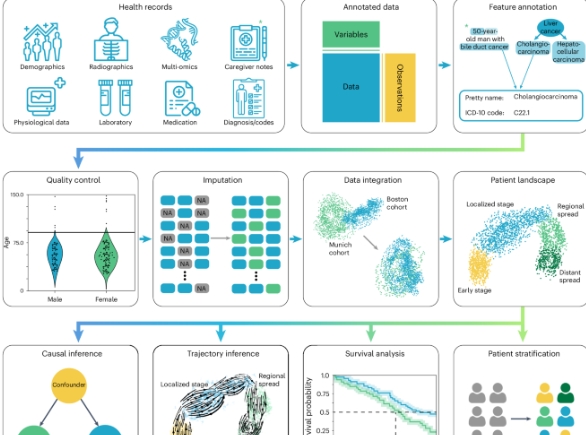Electronic medical records (EMRs) have become a crucial tool in modern healthcare, streamlining patient information management and improving the quality of care. Open source EMRs offer several advantages over proprietary systems, making them an attractive choice for healthcare providers looking to enhance their practice.
Cost-Effective Solution
One of the key benefits of using open source EMRs is their cost-effectiveness. Unlike proprietary systems that require expensive licensing fees and ongoing maintenance costs, open source EMRs are typically free to use and can be customized to fit the specific needs of a healthcare organization. This makes them an ideal solution for small practices or those operating on a limited budget.
Flexibility and Customization
Open source EMRs offer a high degree of flexibility and customization, allowing healthcare providers to tailor the system to their unique workflows and preferences. This can help improve efficiency and productivity, as well as enhance the overall quality of care provided to patients. With open source EMRs, organizations have the freedom to modify the software as needed, ensuring that it meets their exact requirements.
Interoperability
Interoperability is a key component of modern healthcare, allowing different systems and devices to communicate and share information seamlessly. Open source EMRs are designed with interoperability in mind, making it easier for healthcare providers to exchange data with other systems and collaborate with external partners. This can lead to improved patient outcomes, as well as a more streamlined and efficient healthcare delivery process.
Enhanced Security
Data security is a top priority in healthcare, as the protection of patient information is critical to maintaining trust and compliance with regulations. Open source EMRs are developed with security in mind, often incorporating robust encryption and authentication protocols to safeguard sensitive data. By using open source EMRs, healthcare providers can rest assured that their patient information is kept safe and secure.
Community Support
Open source software is built on the principles of collaboration and community support, with a global network of developers and users working together to improve the system. This means that open source EMRs benefit from ongoing updates and enhancements, ensuring that they remain up-to-date and aligned with the latest healthcare standards and regulations. Healthcare providers using open source EMRs can leverage this community support to address any issues or challenges they may encounter, ultimately leading to a more reliable and effective system.
In conclusion, the benefits of using open source EMRs in healthcare are clear. From cost-effective solutions to enhanced security and interoperability, open source EMRs offer a compelling alternative to proprietary systems, empowering healthcare providers to deliver better care to their patients. By leveraging the flexibility and customization of open source software, healthcare organizations can optimize their operations and improve outcomes for both patients and providers.

